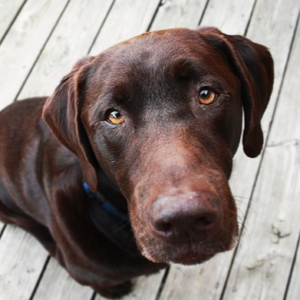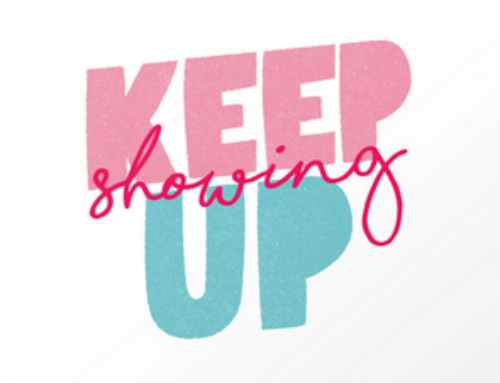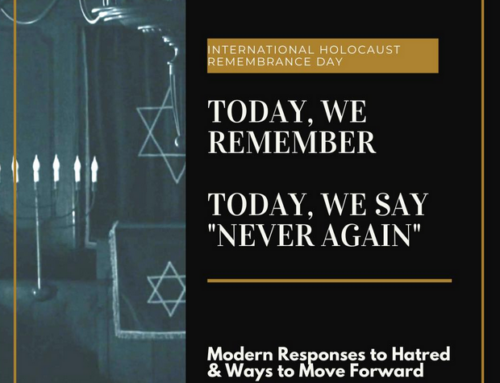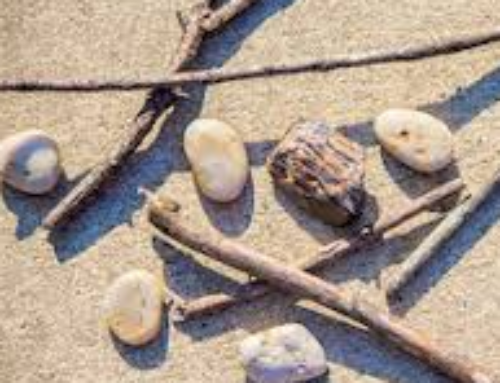 Dear Friends,
Dear Friends,
Full disclosure, I am not currently a pet owner. My relationship to pets is kind of like many people’s relationship to boats, I like the idea of having one but in reality, it’s too expensive and too much mess to clean up and it’s probably just a better idea to enjoy one owned by a friend periodically. I do notice one of the endearing qualities of pets, especially dogs, is how their owners take on almost hero-like qualities in the eyes of the dog.
The dictionary defines the word hero as “a person who is admired or idealized for courage, outstanding achievements, or noble qualities.” When children are very young, parents also have a heroic quality in the sense that a child’s needs are completely in the hands of the adult that takes care of them. As children get older, however, the perceived flaws of their hero parent may become more noticeable and their own insecurities erode some of their innocent ability to look up to a parent as their hero.
It is amazing how much parents seem to know when their children are young, how little they seem to know when their children become teenagers, and how much smarter they again become when those same children reach adulthood themselves. In my opinion, perhaps one of the most defining noble qualities of a hero is that they are a source of wisdom for their protege. I dare say that one of the highest forms of wisdom is experiential wisdom.
The classic Jewish guidebook to ethics, “Path of the Just” (Mesilat Yesharim) describes the hero as one who has successfully navigated the maze of life and stands on a platform in the middle of the labyrinth with a perspective from above that allows them to share guidance to those still traversing the maze. This image of a hero contrasts with the popular culture’s definition of a hero being someone who is an outstanding athlete or performer, in some way greater than your average person. As Charles Barkley famously said, “Just because I can dunk a basketball doesn’t mean that I’m a role model for your kid.”
First responders are heroes who are easy to spot. Real heroes are noble and sometimes even stoic. They are people who, often at great personal sacrifice, strive to do good rather than to look good. We can also look for heroes in the Tanach such as Avraham and Sarah or to more recent ancestors of noble character or even heroes and mentors that we can find all around us. My personal Tanach hero is Rachel who sacrificed everything to save her sister from humiliation (her yahrtzeit is the 11th of Cheshvan this Shabbat). I have many rabbinic heroes such as The Chafetz Chaim ob”m and Rabbi Kook ob”m who are just so good and refined that merely studying their lives made me want to be a better person.
A modern-day hero I look up to and went to great lengths to hear in person is the current Dalai Lama who has managed to triumph over incredible adversity since he was a young man leading his people into exile, escaping from Communist China, from Tibet into India and he still manages to have the innocence and purity of a smiling, young child even as an old man who has the weight of the world on his shoulders.
Last Friday I was reminded at a standing-room-only funeral for EttaLeah Bluestein, a local Charlestonian I did not know, that ultimately, our real heroes are often our parents or relatives. The eulogies offered by her children recalling her qualities such as being a lifelong learner, a caring doctor, and a matchmaker for young Jewish couples reminded me of my own parents ob”m and some of their qualities that I strive to emulate in my own life.
Although we may not be perfect mentors for others, each of us should strive to be a hero even if it is temporarily for a young child…or even our dog.
Shabbat Shalom,
Rabbi Elisha Paul
Head of School






